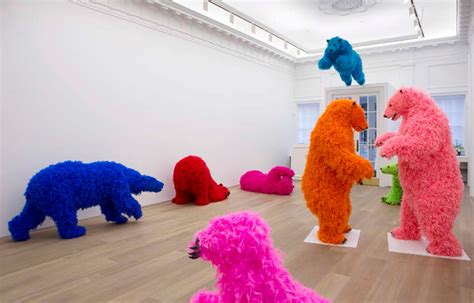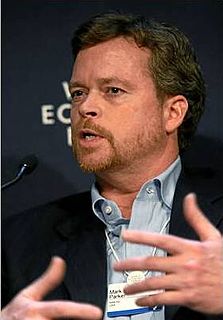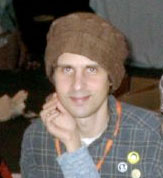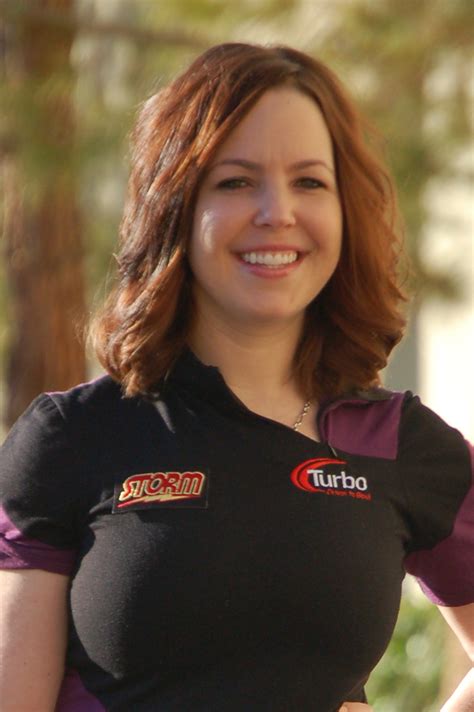A Quote by Paola Pivi
I learned how the brain is the softest organ we have - how soft the brain literally is and also how easily it can be manipulated. I think I will survive the whole thing, but there are lots of coincidences. For example, somehow I might have been trained to sustain stress through my life and through my art.
Related Quotes
That's what I like about the idea of the aesthetic experience, the idea of both enjoying looking at works of art and how they kind of talk to you, and also the process of making art, getting back to that idea of the aesthetic experience of making art is very important, It's another way of thinking. Instead of just using your brain, you're using your hands to think with. They're different connections, the brain that comes through the fingertips as opposed that comes through the eyes and ears.
The brain is the most complicated organ in the universe. We have learned a lot about other human organs. We know how the heart pumps and how the kidney does what it does. To a certain degree, we have read the letters of the human genome. But the brain has 100 billion neurons. Each one of those has about 10,000 connections.
In the previous days and times, we've been involved, not exclusively, but largely, in the process of individual survival: How do I get through the day, how do I get through the week, how do I get through the month? In the 21st century, we're learning that we can no longer concentrate on individual survival strategies, that unless we begin to coalesce those strategies and learn how we can survive collectively, that no individual is going to survive in the long run.
In the field of consciousness research-and also in physics and astronomy-we are breaking past the cause-and-effect, mechanistic way of interpreting things. In the biological sciences, there is a vitalism coming in that goes much further toward positing a common universal consciousness of which our brain is simply an organ. Consciousness does not come from the brain. The brain is an organ of consciousness. It focuses consciousness and pulls it in and directs it through a time and space field. But the antecedent of that is the universal consciousness of which we are all just a part.
Through my life and my experience, I believe getting "positive mental attitude" is true. Your brain has certain pathways in it, and if you feed those pathways with certain types of thoughts, the blood goes to those neurons and nourishes them, and they grow and develop. That's how you build habits. Physically, I think that's how your brain works. If you have certain habits that are negative and causing you problems that you want to change them, you can actually change the blood flow and stuff in your brain by thinking a different way.
I would argue that if you understand how the cells of the brain are organized into circuits, almost computational circuits if you will, and we see how information flows through those circuits and how it's transformed, we might have a much firmer grasp on why our brains make decisions the way that they do. If we get a handle on that, maybe we can overcome some of our limitations and at the very least we'll understand why we do what we do.
And your brain doesn't naturally know how to think the way Zeckhauser knows how to play bridge. "for example," people do not react symmetrically to loss and gain. Well maybe a great bridge player like Zeckhauser does, but that's a trained response. Ordinary people, subconsciously affected by their inborn tendencies.
































